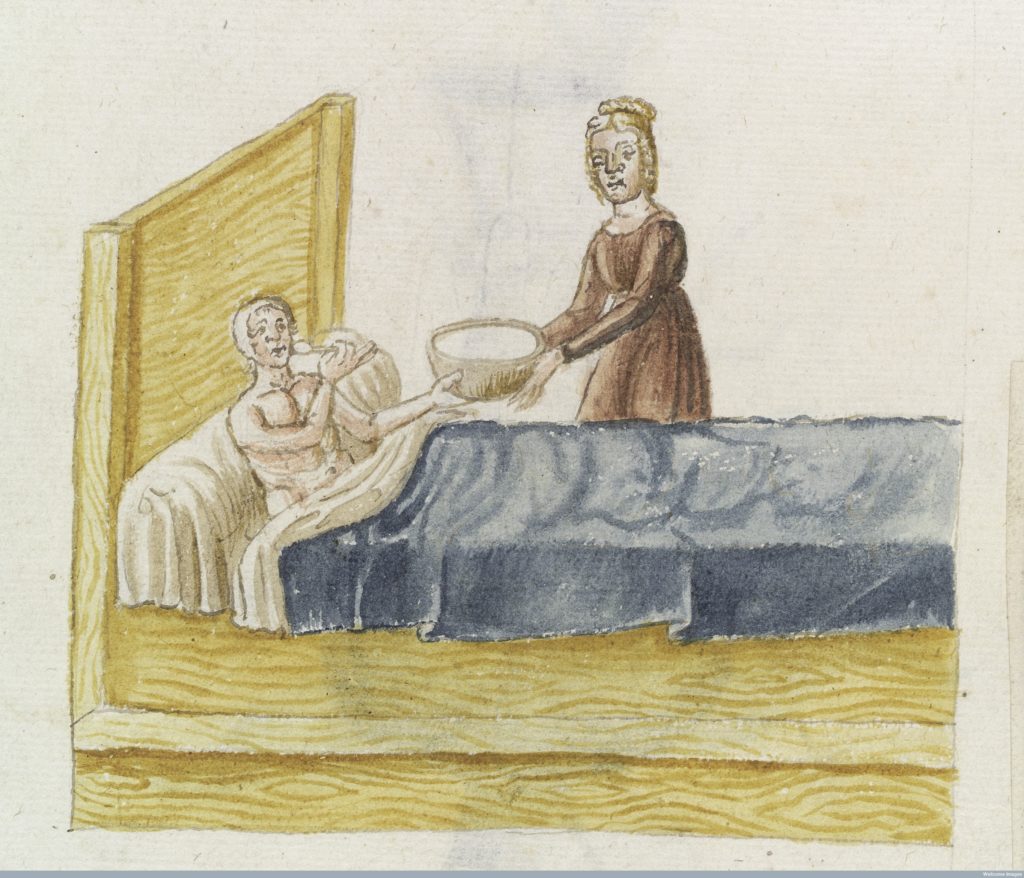Clinical moral leadership in Covid times
Clinical leaders confront new challenges every day as they grapple with the Covid 19 pandemic and its long aftermath. Understanding the moral complexities of clinical leadership has never been more important.
When I was advising The Health Foundation on their leadership programme back in 2004, no-one was very interested in discussing the moral aspects of health care leadership. That was why I decided to pursue the research that resulted in my book Moral Leadership in Medicine (Cambridge, 2012). The challenges of moral leadership that were apparent even during a time of relative calm in the NHS become even more stark in a time of crisis.
Moral leadership means more than just having an admirable set of values. Leadership means having to make difficult choices, and moral leadership often means choosing between conflicting moral commitments.
THE FIVE HORNED LEADERSHIP DILEMMA
Even at the best of times NHS medical leaders are juggling at least five morally essential, but often contradictory, goals. In my book I explained how medical leaders sought to realise these goals in their decisions and in their leadership behaviours. I called the leadership behaviours “propriety”.
‘Fiduciary propriety’ needs least introduction.

Patient being fed a bowl of broth, Wellcome Library, London. CC BY 4.0
Fiduciary propriety exhibits in action the principle that a clinician’s first priority is to attend to their patients’ needs.
In the normal run of things, fiduciary propriety is evident in how it mandates an unwavering focus on patients’ needs and grants a licence to speak very assertively on their behalf. At its best fiduciary propriety is courageous action on behalf of people shunned by others – those stigmatised, infectious, unappealing, vulnerable, rejected and abandoned. We have seen how important fiduciary propriety is during the pandemic. Clinicians maintained their commitment to serve even those who abused them and called them hoaxers.
At its worst, though, fiduciary propriety can become bullying in the name of patient care.
‘Bureaucratic propriety’ is concerned with the moral governance of an organisation. The idea of bureaucracy has come in for quite a bit of stick, but I think it’s important to recognise its virtues.

‘Vintage Waltham by Joe Haupt CC BY-ND 2.0
Virtuous bureaucracy is about public institutions serving the public fairly. Public organisations are the repository of the collective interests of those they serve (current patients and families, and future patients and families) and their stakeholders (for example suppliers – which may themselves be enterprises with a social mission – and staff).
Of course serving the interests of patients must come before everything else, but to do this effectively means building stable, responsive, honest, accountable organisations. Good bureaucrats distribute community goods – such as healthcare – fairly, efficiently, predictably and transparently. Public organisations that embrace the virtues of bureaucracy serve us very much better than organisations run on nepotism, bribery, corruption or dictatorship. Good clinical leaders are (admittedly rather well-disguised) virtuous bureaucrats.
‘Collegial propriety’ is behaviour essential to an enterprise in which things get done through co-operation, collaboration and ‘discretionary effort’ (going the extra mile). Collegial propriety is a bond that sustains the medical professional community, and in doing so it also serves patients.

Stained glass Bourges Cathedral, France by Spencer Means CC BY-SA 2.0
In the positive form of collegial propriety, we see practices such as peer pressure to drive up clinical standards, reciprocal aid in caring for patients, mentoring of juniors, unpaid work for professional bodies, and recognition of exceptional service.
At its best, collegial propriety is the bond of commitment that underpins patient care. At its worst, it puts loyalty to colleagues and keeping quiet on their behalf before speaking up for patient safety.
‘Inquisitorial propriety’ is a set of moral practices that clinical leaders exercise when allegations of harmful treatment, poor performance, or misconduct arise. Misconduct, misbehaviour and medical mistakes present many medical leaders with their most intractable moral troubles. (See my discussion of toxic workplace cultures)

Figures of Justice by Clearly Ambiguous is licensed under CC BY 2.0
For the clinical leader inquiring into something that has gone wrong – in a patient’s care, in behaviours towards colleagues, in the conduct of research, and so on – ‘inquisitorial propriety’ calls for demeanours such as candour, objectivity, neutrality and openness to ‘hearing the other side’.
Inquisitorial propriety can mean setting aside feelings and expressions of collegiality or loyalty towards professional friends, and focusing on making a dispassionate assessment of what might be unwelcome information.
‘Restorative propriety’ is the fifth propriety. It is conduct that seeks to restore moral relations after harm and it turns on acknowledgement: acknowledging that a harm has occurred, acknowledging that certain persons or bodies are responsible, acknowledging that a complaint is legitimate, acknowledging that the person who was harmed has a ‘moral right’ to define the situation in their terms, acknowledging that steps must be taken to respond.

Acknowledged Reset by Steve Snodgrass CC BY 2.0
BALANCING ON THE FIVE-HORNED LEADERSHIP DILEMMA
Because the five proprieties come into conflict leaders find themselves being pulled in different directions by equally desirable and equally strongly argued moral claims. Here are some examples.
Rationing decisions often present clinical leaders with a choice between what is in the interests of individual patients (fiduciary propriety) and what is in the interests of patients-in-general (bureaucratic propriety). When there are poor clinical outcomes, clinical leaders may find themselves having to choose between being supportive towards a colleague (collegial propriety) and remaining strictly impartial (inquisitorial propriety). Equally, when a patient complains of injury clinical leaders can be torn between the need to ‘hear both sides’ (inquisitorial propriety) and the need to acknowledge and respect the patient’s perception of harm (restorative propriety).
CHOOSING THE LEAST WORST OPTION
In my experience, it is when clinical leaders have to make a choice between a mixture of good and bad in one option, and good and bad in another, that they are most vulnerable to criticism. This is the time when those who strongly disagree with their moral choice may view them as engaging in ‘unethical’ or non-moral behaviour. But where there are leaderly decisions to be made, there will inevitably be choices about which goods to prioritise.
If there wasn’t a tricky choice to be made, we wouldn’t need leaders.
